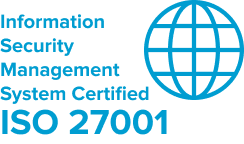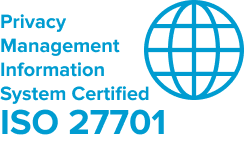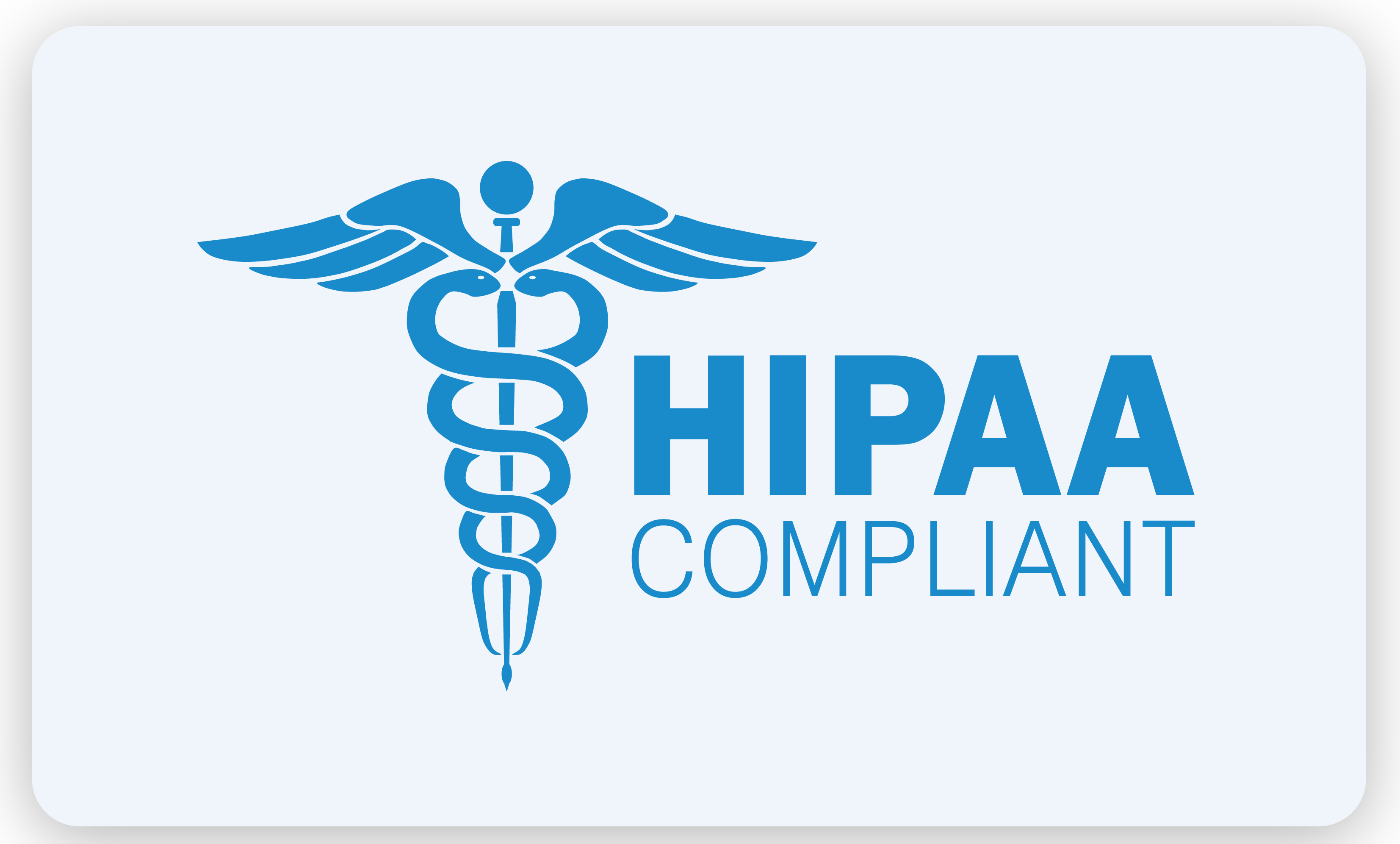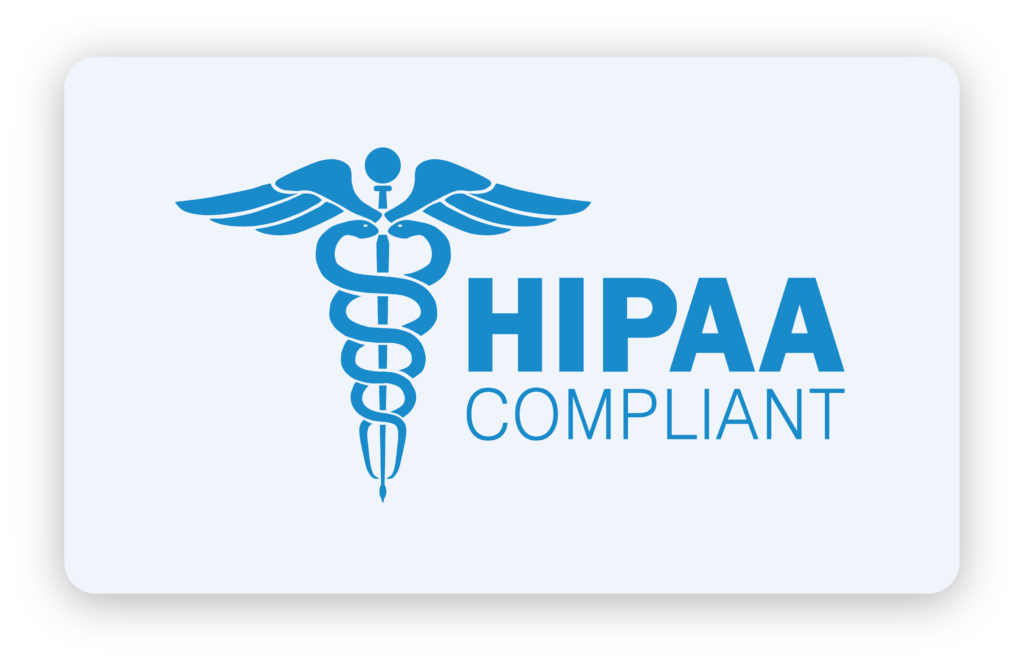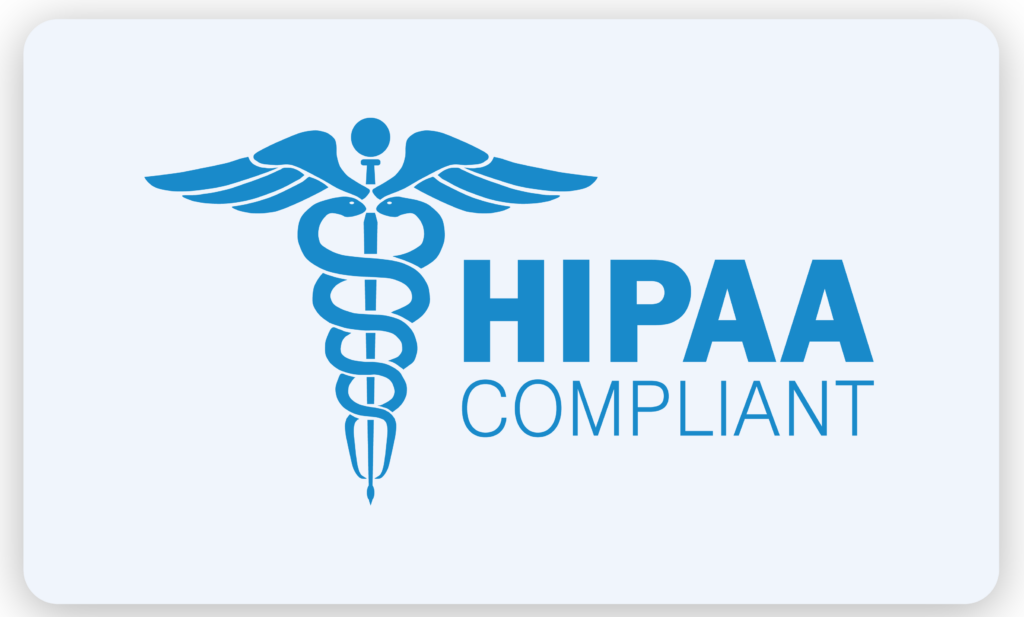11 Dec

Blockchain is one of the most important technologies of modern times. It has made both the finance and supply chain industries more secure and efficient at the same time. In doing so, it revolutionized both sectors. Because it is such a flexible technology, it was only a matter of time before the blockchain revolutionized various industries. The medical industry was the prime candidate because of the amount and private nature of data needed to deal with. In fact, blockchain for healthcare system is the best solution to enhance data protection.
The Importance of Protecting Medical Information Privacy
Trust is important in medicine. Patients trust doctors and other medical professionals not to divulge their data and protect their privacy. Doctors, on the other hand, trust their patients to reveal relevant information so they can give proper medical advice. It’s a complex relationship. But, it’s a relationship that can speed up or hamper the medical process. After all, health data can be a matter of life and death.
Another reason patient privacy is so important is that it doesn’t just include medical information. It also covers the patient’s identification data. Social security numbers, insurance, and other financial records all fall under this category. If this data falls into the wrong hands can have a far-reaching effect on the patient’s life beyond the medical field. All industries require people to hand over medical information and thus, expect trust.
However, these same privacy protections can harm patients as well. If, for example, patients choose not to divulge certain relevant information, doctors might not have a full grasp of the situation. It’s a troubling scenario that can result in misguided recommendations. Keeping a centralized database of patient data, therefore, is not a good idea. Data leaks and vulnerabilities are likely, and it makes private data susceptible to tampering and even hacking.
How Blockchain Can Help Secure Health Information
The medical industry was adopting blockchain technology slowly, even before the pandemic. However, the onslaught of the infectious disease has hastened its deployment. Currently, its application in the vaccine supply chain is being discussed. One often overlooked application of the blockchain is in tracking data. The blockchain’s secure and efficient data management makes it a good choice for keeping private medical data. Test reports and immunization certificates are the natural candidates.
No usage of blockchain may lead to data exposure to hackers and counterfeiters. It’s a critical flaw that needs a solution to stop the disease from spreading. Since it’s relatively easy to alter, malicious individuals can change the results of their tests and roam freely. It’s also a fairly hackable system leaving private data lightly protected.
Centralized databases need only one point of vulnerability to access the entire database. By keeping data in a blockchain, patients can rest assured that their personal medical information is private, safe, and up-to-date. The cryptography embedded in the blockchain is one of its game-changing features. So, it stores the data in an unreadable format making it impossible for outside hackers to use the data at all.
Another feature of the blockchain is its interoperability. This means it can work with other blockchains relevant to the existing one. An example of this is the blockchain solutions for vaccine distribution. The combined distributed ledgers of health credentials let appropriate agencies track information. This crucial information includes supply, distribution, and administration.
Blockchain in MatriX-iPass™ and Other Security Features
MatriX-iPass™ has one of the best implementations of blockchain for the verification of health status records. The blockchain for healthcare system is designed to provide maximum data privacy.
Secure Blockchain
It’s fully supported by a blockchain to encrypt data and distribute it across the chain accurately and safely. In a way, it serves as a health pass for individuals who wish to enter an establishment, region, or even country. It is proof of an individual’s vaccination or health status. However, it doesn’t only store health declarations. It can also contain information such as the test’s date, who administered the test, and other personal identification data.
Such a level of detail might make some users worry about handing over their data. This is where the blockchain for healthcare system is most useful. Encrypted data within the blockchain ensures that users would require giving data relevant to the particular point in the process they’re in. Users, therefore, keep control of their data the whole time. The interoperability of the blockchain also makes it easy to integrate other blockchains. It secures, guards, and checks immunization data when vaccines finally arrive.
A.I. Insights
Other than the blockchain, AI also protects the data and supports detecting anomalies across the system. Organizations can get insightful data-rich metrics on the information contained within the blockchain. While personal data remains encrypted, the rest of the information, such as statistics, can be easily accessed and shared. Also, this data can be easily integrated with other databases. This should help in a larger scale effort in tracking how the disease spreads.
Secure QR Technology
The entire information is stored on the blockchain and accessed through smart devices such as your phone. For easy access, it uses patented anti-copy QR technology that relevant authorities can scan and verify with ease. MatriX-iPass™ also provides a printed QR code in case users prefer not to use their phones for verification. Moreover, QR code also provides proprietary security features that make it virtually impossible to replicate.
In fact, using a secure blockchain for healthcare system has become a necessity to keep user data safe from anomalies, and most new healthcare solutions are proof of it.
Schedule a call to know more about the blockchain-enabled solution – Matrix-iPass.







